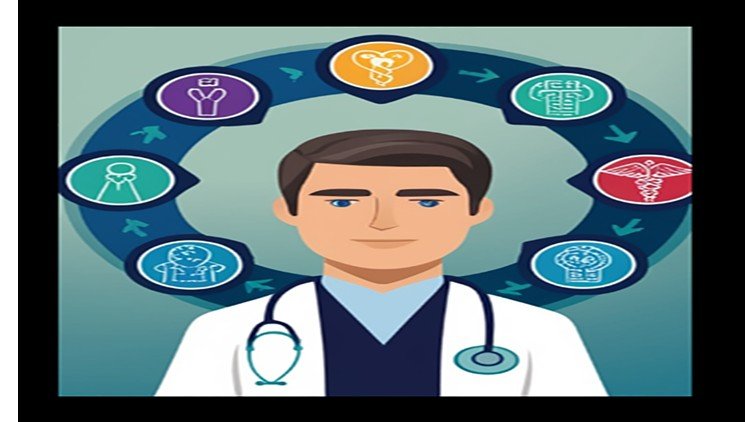This course on medical ethics for medical students and health care professionals provides an essential framework for navigating the complex moral dilemmas that arise in the medical field. With the ever-evolving landscape of health care, understanding medical ethics is crucial not only for providing quality care but also for fostering trust and respect between practitioners and patients. Here’s a detailed look at what you can expect from this course.
What you’ll learn
Throughout this course, participants will delve into a variety of critical concepts and frameworks central to medical ethics. Key skills and knowledge areas include:
- Ethical Principles: You’ll explore the four key principles of bioethics—autonomy, beneficence, non-maleficence, and justice—forming a bedrock upon which ethical decision-making is built.
- Case Studies: The course features real-life scenarios that help in applying theoretical principles to practical challenges faced in medical practice.
- Informed Consent: Gain a comprehensive understanding of the significance of informed consent in medical procedures.
- Patient Rights: Learn about the legal and moral rights of patients, and how they relate to physician responsibilities.
- Cultural Competence: Understand the importance of considering cultural differences and their implications for ethical care.
- Professionalism: The course emphasizes ethical behavior in professional practice, addressing issues like confidentiality, honesty, and integrity.
These skills are not only vital for medical students but also serve as refresher points for practicing health care professionals looking to reinforce their ethical decision-making.
Requirements and course approach
No prior knowledge of medical ethics is required to enroll in this course, making it accessible for both beginners and those already familiar with the medical field. The curriculum is designed for self-paced learning, ensuring that you can take your time to absorb each module.
The course structure is well-organized, combining video lectures, reading materials, and interactive quizzes to reinforce learning. The focus on practical examples helps bridge the gap between theory and real-world application, ensuring that the content is not only informative but also relatable.
Who this course is for
This course is designed primarily for medical students and aspiring health care professionals who seek a solid foundation in medical ethics. However, it is also beneficial for:
- Current Practitioners: Doctors, nurses, and other health care providers looking to enhance their understanding of ethical practices in their daily work.
- Health Care Administrators: Professionals in leadership and policy-making positions who need to understand ethical considerations in health care settings.
- Anyone Interested in Ethics: Those with a general interest in ethical issues in health care may find value in the insights provided.
Outcomes and final thoughts
Upon completion, you’ll have a firmer grasp of how to approach ethical dilemmas in a medical context, equipping you to make informed decisions that respect patient rights while upholding professional standards. You will also gain insights into navigating difficult conversations with patients and colleagues, fostering a more ethical atmosphere in your practice.
In summary, this course serves as a significant stepping stone in understanding medical ethics. Its structured approach, combined with practical examples and supportive learning materials, makes it a valuable resource for anyone connected to the health care profession. Whether you’re just starting your journey in medicine or looking to refresh your knowledge, this course can transform how you approach ethical challenges in your practice.




